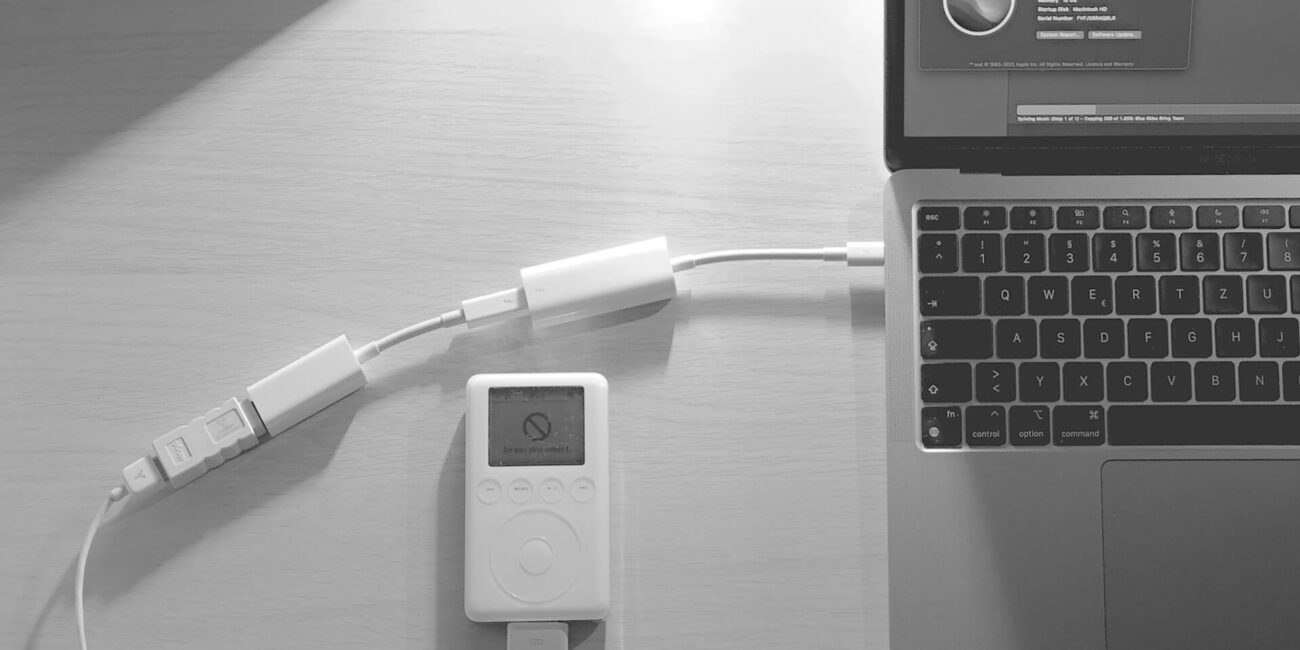Technology has become deeply integrated into the fabric of our daily lives. We wake to the buzz of alarms on our phones, check emails and social media during breakfast, communicate with colleagues and friends via messaging throughout the workday, and catch up on the latest shows and news streaming at home after hours.
However, this constant immersion in the digital world comes at a cost. An increasing number of studies have linked extended screen time to rising levels of anxiety, depression, loneliness, and lack of focus.
Increasing Reliance On and Addiction to Technology
Technology has rapidly progressed in the past two decades, transforming the way we live, communicate, and work. The introduction of smartphones shifted our reliance on technology from computers to handheld devices that could fit in our pockets.
With the convenience of instant access, we reached new heights of efficiency and accessibility that changed the way we interact with the world. Social media rose to fame with the launch of Facebook in 2004 and soon became the go-to way to meet new people, share our thoughts, and stay connected.
Research on the Psychological Effects
research shows that excessive screen time can also take a severe mental toll. According to various studies, people who spend extended periods in front of screens tend to experience higher rates of anxiety, depression, loneliness, and the fear of missing out (FOMO).
For instance, one study conducted by the University of Pennsylvania showed that limiting social media use regularly can significantly reduce depression and loneliness symptoms.
In today’s fast-paced world, focusing on our well-being often takes a backseat to the demands of technology and constant connectivity. Unplugging from these digital distractions allows us to reconnect with the present moment, fostering a healthy balance in our lives.
For those planning a significant life transition, such as relocating, exploring moving services Toronto can simplify the process and provide the extra support we need while we focus on carving out valuable time for ourselves and our loved ones.
Embracing a technology-free day, whether through outdoor activities or personal reflection, can lead to enhanced mental clarity and reduced stress, paving the way for a healthier lifestyle.
The Physical Toll
The impact of technology on our physical health has become a major concern. With the rise of sedentary lifestyles due to increased screen time, there are many health implications such as lack of sleep, neck and back pain from poor posture, and eye strain.
These issues can lead to more serious health problems such as obesity and heart disease. Additionally, studies have shown potential links between technology addiction and negative health outcomes.
Creating Balance
However, finding this balance is crucial to our overall well-being. Some effective strategies include creating designated tech-free evenings or weekends, setting time limits on our devices, and exploring new hobbies and social interactions.
While it may seem daunting to disconnect from our devices, studies show that reducing screen time can lead to increased productivity, better sleep, and improved relationships.
By incorporating these strategies into our daily lives, we can create a more healthy fulfilling balance between technology and real-world experiences.
The Importance of Self-Awareness
Self-awareness is an essential component of personal growth and development. In today’s digital age, it’s easier than ever to get lost in technology and lose sight of our own needs. However, tools like screen time trackers can help us become more aware of our usage and make adjustments where necessary.
By actively monitoring our screen time habits, we can identify patterns in our behavior and recognize areas where we may need to dial back our usage. Moreover, it’s crucial to remain mindful of the impulse to constantly check our devices out of habit.
By staying present and aware of our actions, we can regain control over our relationship with technology and prioritize our mental health and well-being.
Changing Mindsets Around Tech Abstinence
Technology has certainly revolutionized the way we work and live. However, with these advancements, we have also developed an unspoken expectation to be constantly connected and updated.
The pressure to always be reachable can lead to burnout and affect our mental well-being. It’s important to recognize that it’s okay to disengage from technology from time to time and prioritize our well-being.
With some simple adjustments to our mindset, we can take control of our relationship with technology and avoid the pitfalls of perfectionism. By embracing the power of disconnecting, we can give ourselves much-needed breaks, recharge our minds, and improve our overall quality of life.
One thing is certain – technology will continue to evolve at a rapid pace, and it is up to us to embrace it with caution and responsibility. As we move forward into the future, let’s remember to use technology for the betterment of society and not be consumed by it.
Let’s work towards harnessing its potential to create a more connected, efficient, and inclusive world. With that being said, I am excited to see what the future holds in terms of technological advancements and how they will shape our lives.



